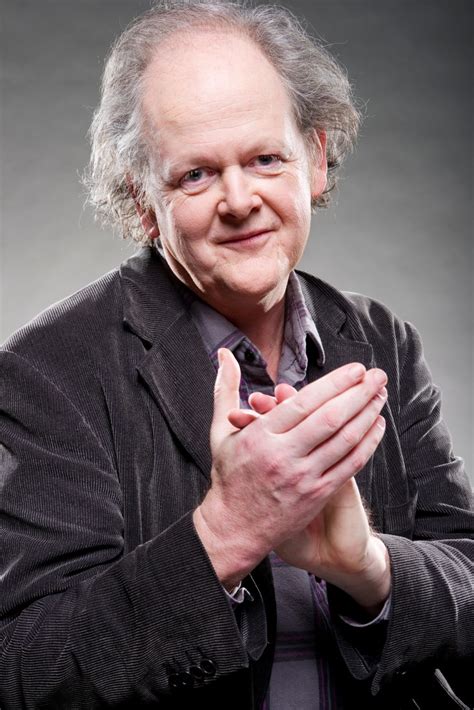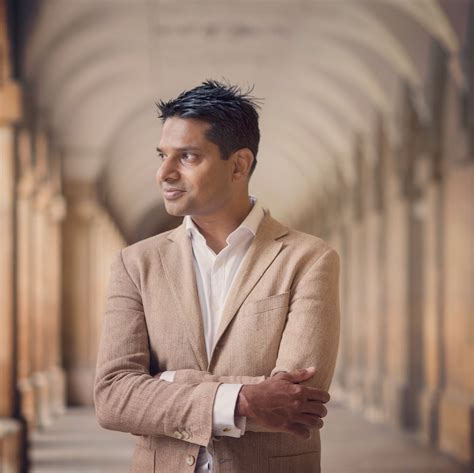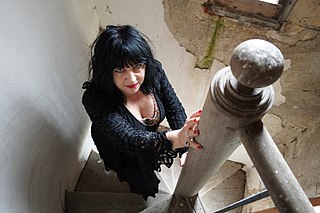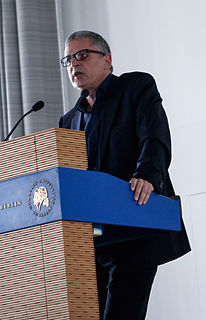A Quote by Elizabeth Lesser
?ertainly there are people for whom anti-depression medication has allowed them to use difficulty to wake up, and I don't deny that at all, but as usual with us human beings, we've overdone it. We are self-medicating ourselves away from the great awakening moments, and losing our coping skills and losing wake-up calls.
Related Quotes
You wake up, you wake up, another day, you wake up, you wake up, traffic still moving at the same speed, our eyes looking at the same speed, our minds thinking at the same speed, I wanna see movement, I wanna see change. I wanna wake up for real. I wanna wake up. I wanna wake up. We were meant to live.
Wake up, America. The insurance companies took over health care. Wake up, America. The pharmaceutical companies took over drug pricing. Wake up, America. The speculators took over Wall Street. Wake up, America. They want to take your Social Security. Wake up, America. Multinational corporations took over our trade policies, factories are closing, good paying jobs lost. Wake up, America. We went into Iraq for oil.
The problem that faces us is the problem of awakening. What we lack is not an ideology or doctrine that will save the world. What we lack is mindfulness of what we are, of what our situation really is. We need to wake up in order to rediscover our human sovereignty. We are riding a horse that is running out of control. The way of salvation is a new culture in which human beings are encouraged to rediscover their deepest nature.
My mother taught me this trick: if you repeat something over and over again it loses its meaning, for example homework homework homework homework homework homework homework homework homework, see? Nothing. Our existence she said is the same way. You watch the sunset too often it just becomes 6 pm you make the same mistake over and over you stop calling it a mistake. If you just wake up wake up wake up wake up wake up wake up one day you'll forget why.
Self-deception is a defining part of our human nature. By recognizing its various forms in ourselves and reflecting upon them, we may be able to disarm them and even, in some cases, to employ and enjoy them. This self-knowledge opens up a whole new world before us, rich in beauty and subtlety, and frees us not only to take the best out of it, but also to give it back the best of ourselves, and, in so doing, to fulfil our potential as human beings. I don't really think it's a choice.
Tad Homer-Dixon is a rare kind of public intellectual, who combines real expertise with a commitment to communicate to the widest possible readership. In The Ingenuity Gap he wants us all to wake-up to the fearful possibility that our blithe trust in science and technology may be misplaced. Human ingenuity may not be capable of coping with two emerging crises of this century and the next: population growth and environmental despoliation. Read Homer Dixon's wake-up call and you will see the future very differently.
Many do not recognize the fact as they ought, that Satan has got men fast asleep in sin and that it is his great device to keep them so. He does not care what we do if he can do that. We may sing songs about the sweet by and by, preach sermons and say prayers until doomsday, and he will never concern himself about us, if we don't wake anybody up. But if we awake the sleeping sinner he will gnash on us with his teeth. This is our work - to wake people up.
There are those who wake up each morning to conquer the day, and then there are those of us who wake up only because we have to. We live in the shadow of every neighborhood. We own little corner stores, live in run-down apartments that get too little light, and walk the same streets day after day. We spend our afternoons gazing lazily out of windows. Somnambulists, all of us. Someone else said it better: we wake to sleep and sleep to wake.



































